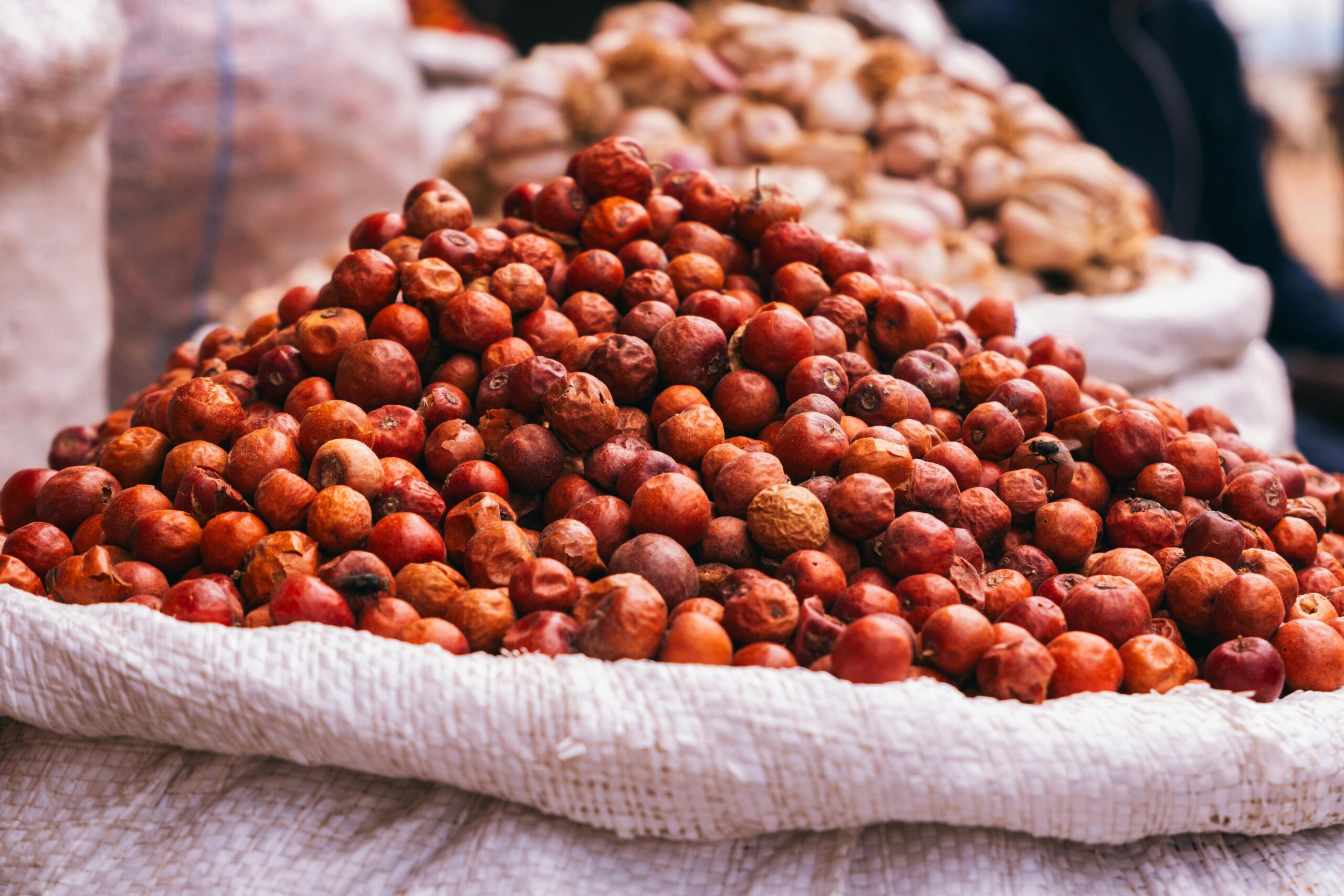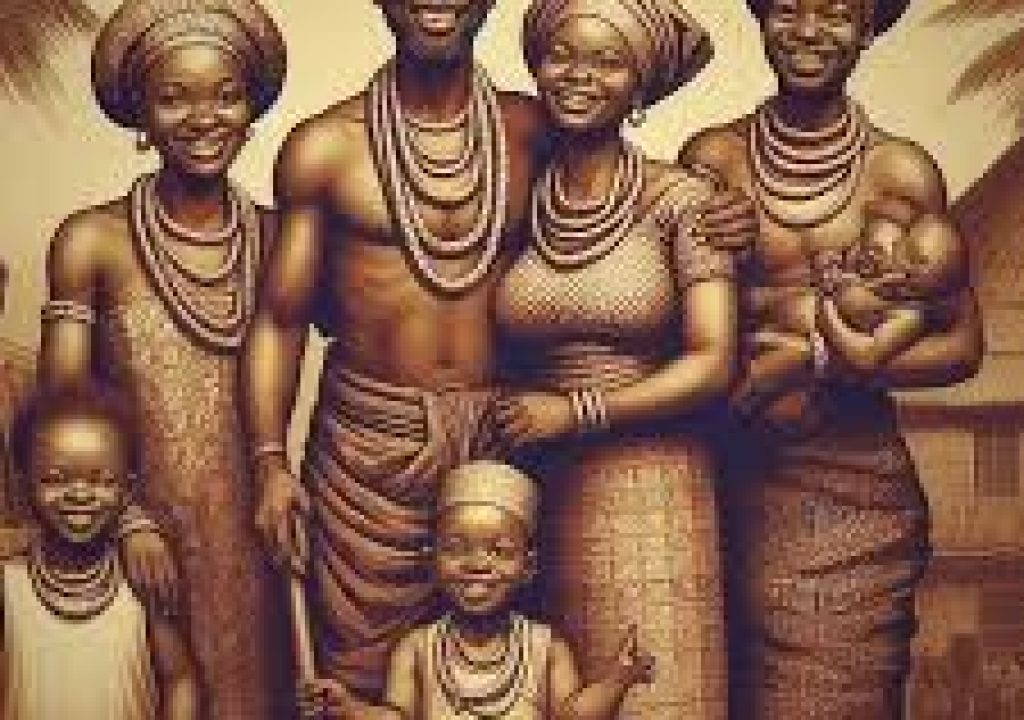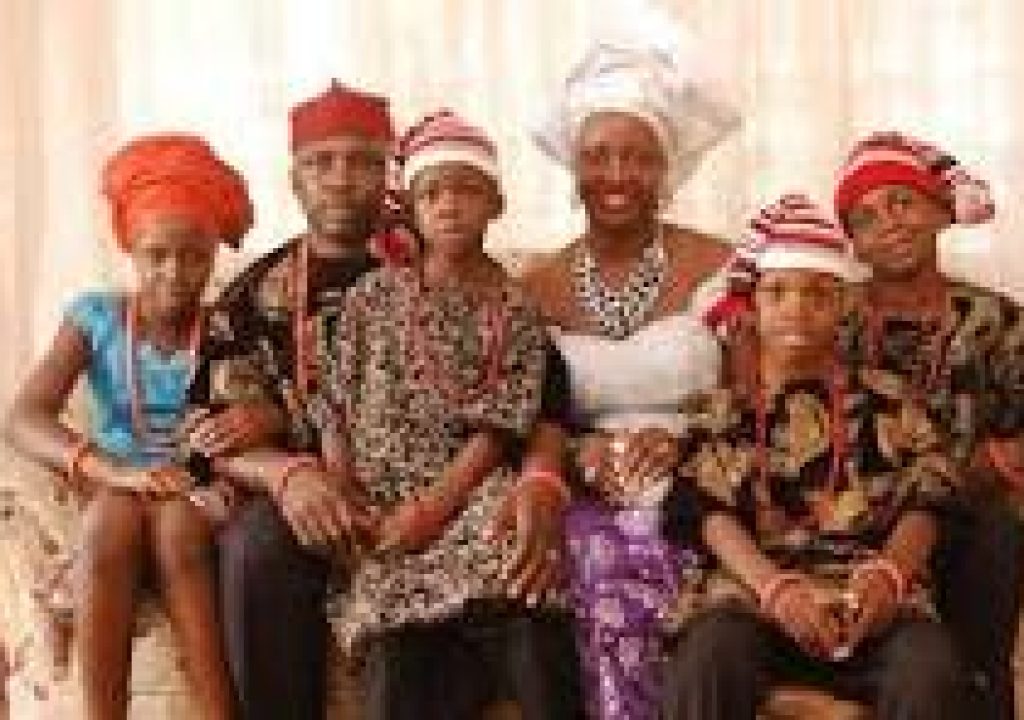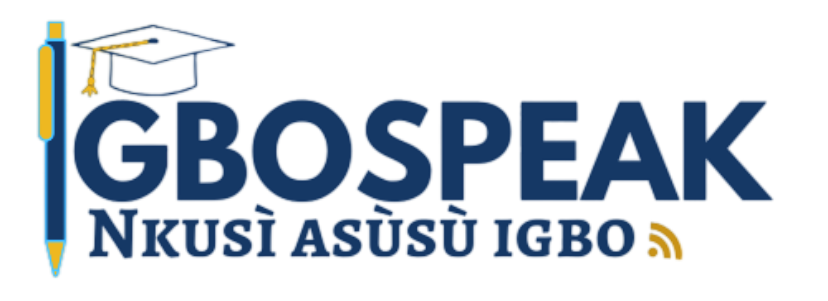The History and Evolution of the Igbo Language: A Journey Through Time
igbospeak
October 1, 2025

Hello, fellow language enthusiasts! If you’re here on our online tutoring platform for Igbo learning, you’re probably already hooked on the beauty of this West African gem. But have you ever paused to wonder where Igbo came from? How it survived centuries of change, from ancient roots to today’s digital age? Buckle up, because in this deep-dive article, we’re going on a historical adventure. I’ll break it down into digestible sections, sprinkle in some fun facts, and even throw in interactive quizzes to test your knowledge. By the end, you’ll feel like an Igbo history buff—and if you’re inspired, hop into one of our tutoring sessions to practice what you’ve learned. Let’s get started!
But why does this matter for learners? Understanding origins helps you appreciate why Igbo has no gender for nouns (unlike French or Spanish) or why it uses serial verbs for complex actions. Quick interactive moment: What do you think influenced Igbo’s tonal system? Was it A) Trade with Asians, B) Natural evolution, or C) European contact? (Hint: It’s B—drop your guess in the comments below, and I’ll reply!)
Roots in Ancient Africa: The Origins of Igbo
Igbo, or “Asụsụ Igbo,” belongs to the Niger-Congo language family, one of the largest in the world. Linguists trace its origins back thousands of years to the Proto-Igboid languages spoken in the Niger Delta region. Archaeological evidence from sites like Igbo-Ukwu in southeastern Nigeria suggests that early Igbo-speaking communities thrived as far back as the 9th century AD. These folks were master bronze workers, traders, and farmers, and their language reflected a society rich in oral traditions.
Imagine a time when stories were passed down through “akụkọ ifo” (folktales) around campfires. Igbo’s tonal nature—where a word like “oke” can mean “male,” “rat,” or “boundary” depending on pitch—likely evolved to add nuance in these oral exchanges. Fun fact: Igbo is part of the Volta-Niger branch, sharing cousins with languages like Yoruba and Edo. This connection highlights how migration and trade shaped West African tongues.
Colonial Influences and the Fight for Preservation
Fast-forward to the 19th century: European colonization hit Nigeria hard. British missionaries and administrators introduced English, often suppressing local languages in schools and courts. Yet, Igbo resiliently adapted. In 1854, Bishop Samuel Ajayi Crowther, a Yoruba linguist, helped create the first Igbo orthography using the Latin alphabet. But it wasn’t perfect—early scripts missed tones, leading to confusion.
The real turning point? The 1920s Onwu Committee standardized Igbo with diacritics for tones (like á, è). This was crucial during Nigeria’s independence movement in the 1960s, where Igbo writers like Chinua Achebe used the language in literature to reclaim identity. Achebe’s “Things Fall Apart” (1958) blends Igbo proverbs with English, showing how the language evolved under pressure.
Sadly, the Nigerian Civil War (1967-1970) disrupted education, but post-war efforts revived Igbo through radio broadcasts and schools. Today, UNESCO classifies Igbo as “vulnerable,” with urbanization pushing English forward. But hey, that’s where learners like you come in—preserving it one lesson at a time!
Interactive challenge: Think of a colonial impact on your native language. Share in the comments how it compares to Igbo’s story. Our tutors can even discuss this in a customized session!


Igbo in the Modern World: Globalization and Digital Revival
Now, let’s zoom to today. With over 30 million speakers worldwide (thanks to the diaspora in the US, UK, and beyond), Igbo is evolving fast. Social media platforms like Instagram and TikTok buzz with Igbo content—hashtags like #LearnIgbo or #IgboCulture rack up millions of views. Apps and online courses (like ours!) make learning accessible, blending tech with tradition.
Music plays a huge role too. Artists like Phyno and Zoro rap in Igbo, mixing it with Pidgin and English for global appeal. Films from Nollywood often feature Igbo dialogues, exposing audiences to dialects like Owerri or Nsukka. And literature? Authors like Chimamanda Ngozi Adichie weave Igbo phrases into English narratives, inspiring a new generation.
Challenges remain: Dialect variations (over 30!) can confuse learners, and globalization risks dilution. But positives abound—AI tools now transcribe Igbo speech, and virtual reality could soon simulate Igbo villages for immersive learning.
Here’s a deeper look at modern adaptations:
- Dialect Diversity: Central Igbo is standard, but regional flavors add spice. For example, “water” is “mmiri” everywhere, but greetings vary.
- Digital Tools: Websites like ours offer interactive flashcards, audio lessons, and live chats.
- Cultural Fusion: Igbo-English code-switching in diaspora communities creates “Igblish,” keeping the language alive.
Quiz time!
True or False:
Igbo has influenced global pop culture through Nollywood. (True—comment your score!) To explore more, sign up for our advanced history module. We’ve got tutors ready to dive into primary sources.
Why This History Matters for Your Learning Journey
Wrapping up, knowing Igbo’s history isn’t just trivia—it’s fuel for motivation. It shows a language that’s adaptable, resilient, and deeply human. As you learn on our platform, remember: Every “kedu” you say echoes centuries of storytellers.
What’s your takeaway from this article? Share below, and let’s chat! If history sparks your interest, book a free consultation—our tutors personalize lessons with historical contexts.
Keep learning, keep preserving—Igbo awaits!
Recent Posts
Have Any Question?
Reach out to our friendly support team by whatsapp or email. We’re here to assist with any questions or concerns you may have.
